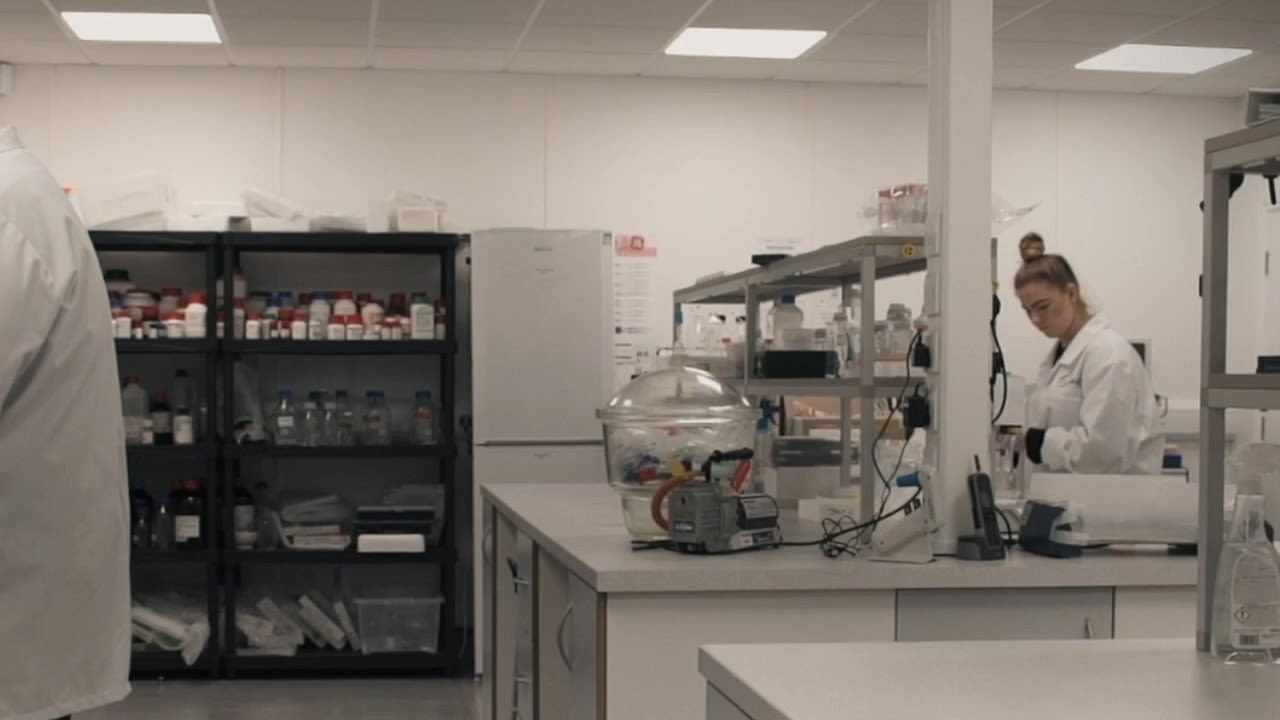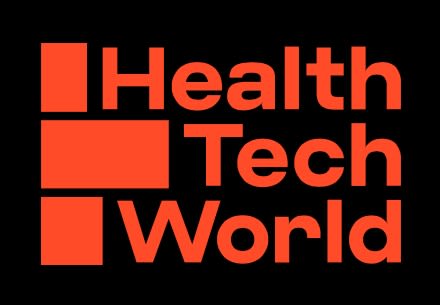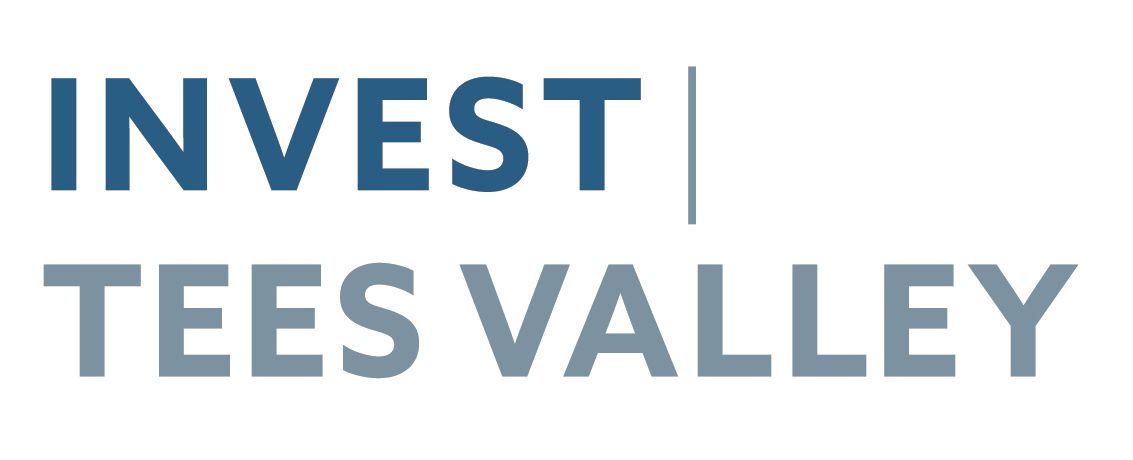Meeting the
biomanufacturing
needs of tomorrow
How vaccines and a critical mass of activity in the Tees Valley are creating new economic and healthcare possibilities.



Dr Jen Vanderhoven, Director, National Horizons Centre.
Dr Jen Vanderhoven, Director, National Horizons Centre.
As the vital role played by the UK’s vaccine manufacturing sector has become increasingly apparent, Dr Jen Vanderhoven, Director of Teesside University’s National Horizons Centre, talks about the work being done to establish the Tees Valley and wider North East as the ideal location to meet these challenges through key partnerships and applied training.
What vaccine have you had? This has now become a question and a topic of conversation as ubiquitous at pubs and dinner parties (or at least their online equivalent) as the weather.
As someone who has spent their entire career working in the life sciences sector, it’s a constant source of delight to find that suddenly almost everybody in the country can name two or three major bioscience companies and talk with a semblance of knowledge about various vaccines, their efficacy and side-effects.
And I am genuinely delighted that the sector is getting the recognition it deserves. Being based in the North East we are probably more aware than other regions of the vital role that biomanufacturing plays in the UK economy. Now that its impact is being noticed within people’s day-to-day lives, it makes our efforts worthwhile.
While for obvious reasons much of the focus has been on the discovery and development of new vaccines, for me, just as important is how they are delivered. Ensuring that every adult in the country gets two shots of a particular COVID-19 vaccine is no mean feat.
As we re-adjust to a post-pandemic life it seems increasingly likely that COVID is going to be ever-present in some form. Quite how that will be manifested is yet to be seen, but it is a safe guess that constant vigilance will be needed to keep track of emergent strains and develop booster vaccines to tackle these variants.
For those involved in biomanufacturing, that presents a challenge. How do we ensure that our industry is attuned to, and can meet, these demands? We can all point to particular instances in the past few months where we have not been able to respond to the threat of COVID-19 as a quickly as we may have liked, and the key thing now is to ensure that these situations do not re-occur.
We need our vaccine manufacturing businesses to be able to respond quickly and efficiently to demand and be able to scale their production and processes at pace. For this to occur, we need an agile and highly skilled vaccine manufacturing workforce.
Here at the National Horizons Centre we have been applying ourselves to establishing this region as the place where solutions can be found to these challenges. As an organisation whose key remit is bringing together industry and academia, we see our key role as helping the Tees Valley establish itself as a region which can generate real-world impact in biosciences and healthcare.
Following many years of investment, the Tees Valley already has the innate biomanufacturing skills and infrastructure which, when effectively harnessed, can rival anywhere in the world.
Coupled with our emerging reputation as a centre of digital and technical expertise, this region is rapidly on its way to rivalling the ‘golden triangle’ of London, Cambridge and Oxford as the UK’s premier hub for bioscience.
Our first role is to ensure that this is known outside of our region.
In conjunction with CPI and FUJIFILM Diosynth Biotechnologies, we have formed the Northern Bio-accelerator Partnership (NBioP), which aims to make the North East a centre of innovation, with expertise in the full life cycle of biopharmaceuticals, from basic and applied bioprocessing research, through to biopharmaceutical scale-up and, ultimately, the commercial manufacture of life-changing medicines.
Utilising the individual skills of the member organisations of NBioP, we are developing a high-density cluster of expertise and a well-developed business ecosystem.
We have also developed further partnerships with the Shonan Health Innovation Park (Shonan iPark) in the Kanagawa prefecture of Japan and the Discovery Park in Sandwich, Kent, aimed at the cross-fertilisation of expertise and knowledge exchange. Each of these partnerships brings new opportunities to this region while at the same time expanding the national and international footprint of the NHC and the Tees Valley.
The choice of Billingham and FUJIFILM as one of the locations for the Novavax vaccine confirms that this partnership approach is working.
Our next challenge is to ensure that we have the requisite skills within the vaccine manufacturing workforce. At the NHC, we have embraced Teesside University’s reputation and ethos for working with business to develop practical and innovative solutions to real-world issues and ensure that we deliver real impact.
In June we formally launched as one of three national training centres for the Advanced Therapies Skills Training Network, a nationwide skills development programme driven by industry and coordinated by the Cell and Gene Therapy Catapult.
Alongside our taught courses and continuing professional development (CPD) we are delivering specialist on-site courses, including innovative digital training providing learners with the hands-on expertise and experience to succeed in the advanced therapies and vaccine manufacturing sector.
For example, our unique virtual reality training facility provides an immersive experience for learners to develop the vital biomanufacturing skills and techniques without the need for expensive and unwieldy on-site operation. Innovative training techniques such as this will be key to ensuring that our workforce will adaptable and responsive to industry needs.
Finally, a pipeline of talent is vital to ensuring the long-term sustainability of our biomanufacturing sector. Therefore, in conjunction with industry partners and Tees Valley further education colleges, we have established the Life Sciences Manufacturing Academy.
By offering school leavers the opportunity to gain hands-on experience working in a vaccine manufacturing setting, alongside industry mentors, we will help the next generation garner the necessary insights and behavioural skills to successfully make an impact in the workplace.
Perhaps, in this manner, dinner party conversations about vaccines really will become the new normal.
Dr Jen Vanderhoven is Director of Teesside University’s National Horizons Centre. Her previous roles included vice-president of FUJIFILM Diosynth Biotechnologies and manager of a Government-funded Industrial Biotechnology Network where she co-authored the UK National Industrial Biotechnology Strategy to 2030.









Click play below for more on Tees Valley's growing bioscience cluster.
Read more stories on Tees Valley's biomanufacturing sector below.













